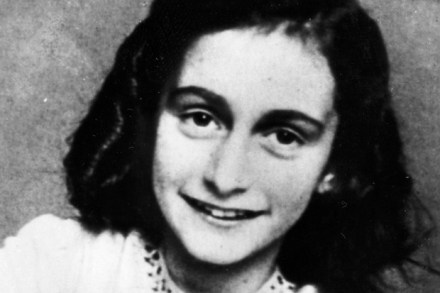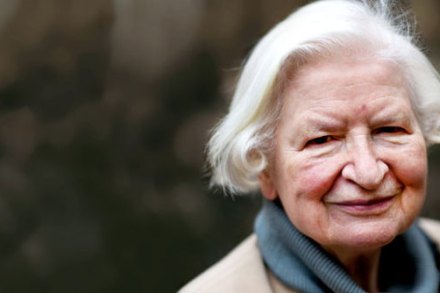What makes mankind behave so atrociously? Ian Buruma and Joanna Bourke investigate
The first interaction between two men recorded in the Bible involves a murder. In the earliest classic of English literature, one of the murderer’s descendants has his arm ripped from its socket by a young warrior who celebrates his gruesome victory by drinking himself blotto; the next day, our hero wakes up (not hungover, apparently) and kills his opponent’s mother. Not my cup of tea, Beowulf, or, perhaps, yours. But this is what literature was like until the 18th century or so, when the stakes were lowered and people began writing about inheritances, bishoprics and low-key adultery. Ian Buruma is interested in the other, older kind of story because, as



















